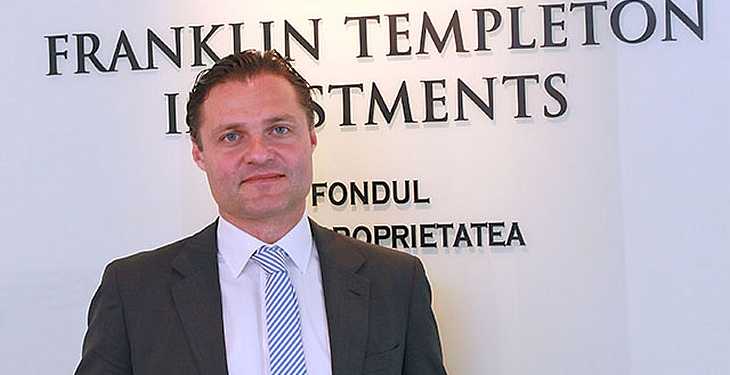While Fondul Proprietatea (FP) presence suceeded reducing the political influence in companies it owns, FP became the fifth largets fund after being listed in London. Also, Romania is the most attractive market among the frontier markets in the region, says Greg Konieczny, Templeton Emerging Markets Group’s chief executive officer for Romania, manager of Fondul Proprietatea.
”Among frontier countries in Eastern Europe, we view Romania as the most attractive market,” says Konieczny.
There are bargains from a valuation standpoint, there have been many stocks delivering high-dividend yields, and there appear to be good prospects for further initial public offerings of state-owned enterprises (SOEs) as well as private companies.
Gross domestic product growth has been strong over the past few years and was up 5.0% in the first half of this year on a year-over-year basis, which puts Romania on track to potentially be the fastest-growing economy among members of the European Union (EU).
Also, Fondul is the largest closed-end fund in the region.
”After we listed the fund in London, it became the fifth-largest fund listed there. What makes the fund unique is that, since Romania is still a frontier market, the fund is quite large in terms of asset size compared to the local stock market. The fund holds large minority stakes in the largest and most important Romanian SOEs and private companies in the energy and infrastructure sectors. Over half of the portfolio is still in unlisted companies, so Fondul offers an interesting exposure to those companies and Romania”, he adds.
He also says that FP succeded improving the management of the companies in its portfolio by reducing also the political influence.
”We have recommended a number of board members as well as worked with other shareholders and management teams to improve corporate governance and to promote companies growing their businesses for the benefit of all shareholders. Especially with Fondul in Romania, we have had to be very active in transforming SOEs into real commercial enterprises, while at the same time limiting political influence over those companies. We have been able to bring positive changes, resulting in improved financial results for most of our portfolio companies. In some cases, we have seen a phenomenal turnaround.”
Russia and Turkey look interesting
The largest markets in the region—Russia and Turkey—are looking interesting again.
Russia has suffered due to its military conflict with Ukraine and the resulting international sanctions, along with falling oil prices. However, current market valuations seem to already reflect the bad news.
The price of oil has recovered a bit this year, which should help Russia’s budget and current account. ”However, we see very limited investment opportunities in the oil and gas sector in Russia due to high state involvement. We are much more optimistic about the prospects of the Internet and the consumer sectors, which could benefit from improvements in the domestic Russian economy.”
The Turkish market has been very volatile this year, and recent declines following the unsuccessful military coup this summer have brought the market to attractive levels compared with other regional markets. Turkish-listed corporates tend to compare favorably to their peers in general in the EMEA region (Europe, Middle East and Africa) when it comes to corporate governance, balance sheet structure, top management, credibility and export capability. Also, Turkish consumption growth has been resilient despite a drop in tourism.
”As a result of the recent market and currency underperformance, we do see tempting investment targets in Turkish consumer stocks and exporters,” Konieczny concludes.

